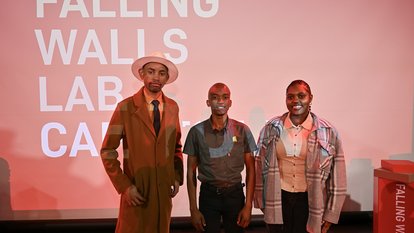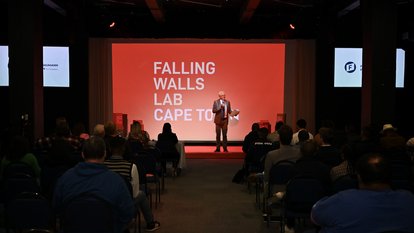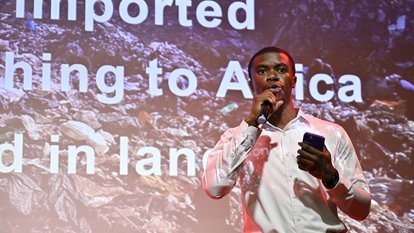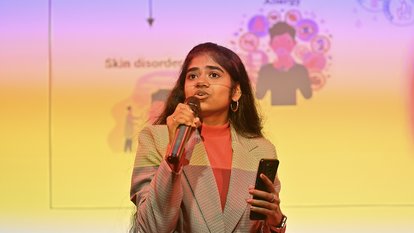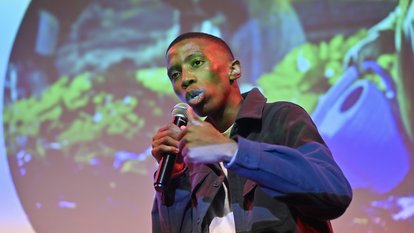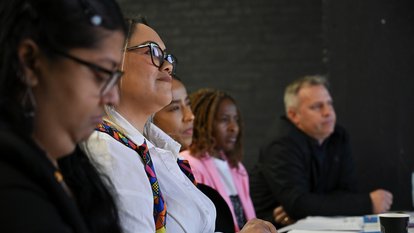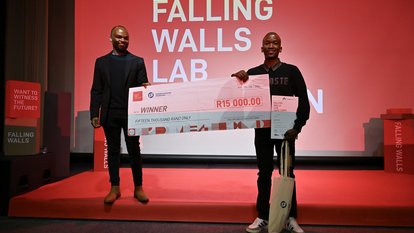Falling Walls Lab 2024
Paving the way to sustainability
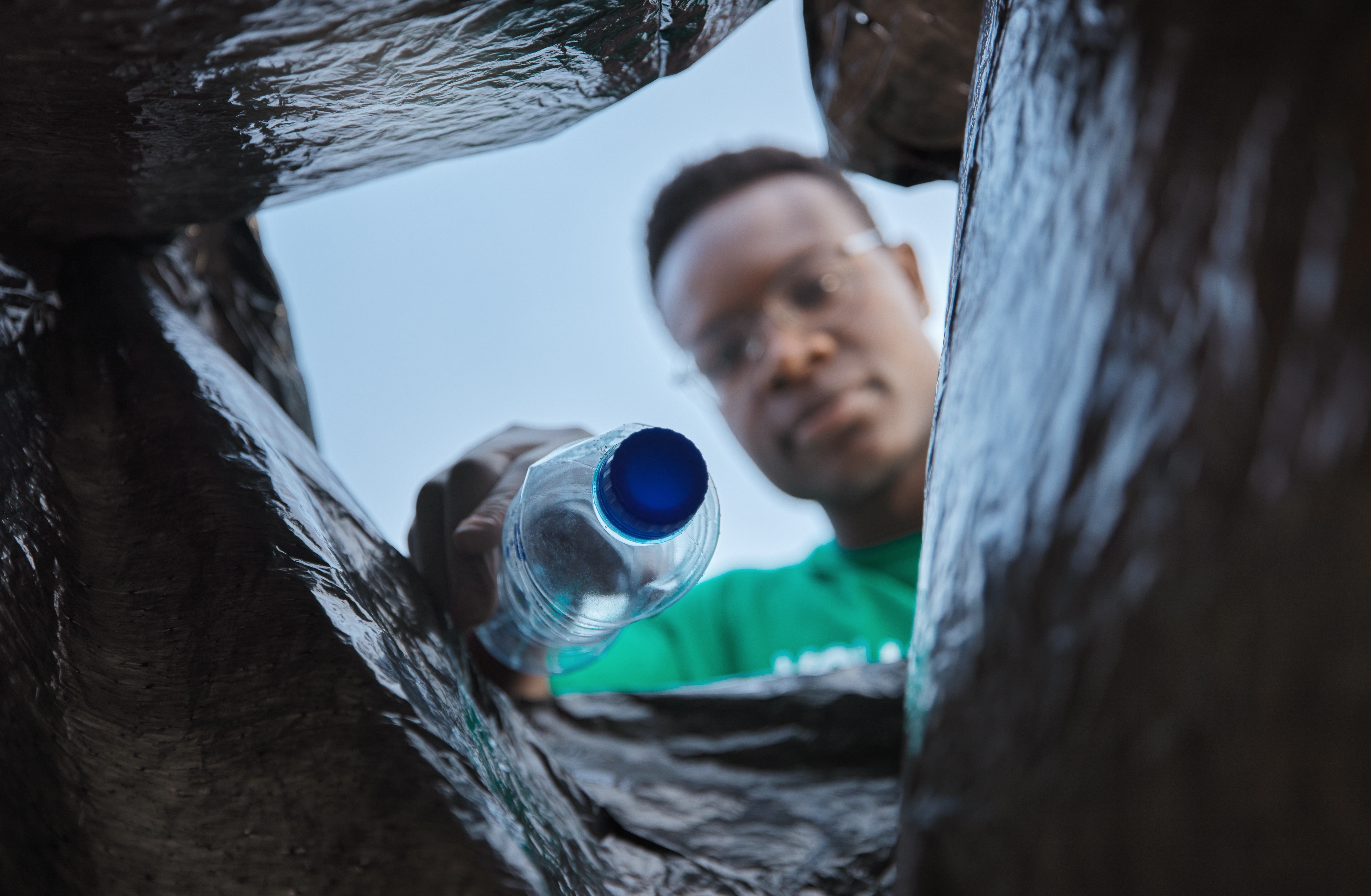
Saving the environment, a person putting trash in garbage bin
© ShutterstockUnder the inspiring motto "Paving the Way to Sustainability," Sekelo Shude secured first place at the Falling Walls Lab held on August 29th in Cape Town. Competing against 83 candidates, Sekelo emerged victorious after an intense selection process where only 10 finalists were chosen to present their innovative ideas in a 3-minute pitch. As the winner, Sekelo will represent Cape Town at the grand finale in Berlin this November.
The Event and Selection Process
The Falling Walls Labs, also hosted by the Friedrich Naumann Foundation in other African cities such as Harare, Abidjan, and Dakar, is a global platform for breakthrough ideas and innovations. Participants are evaluated on several critical factors: the originality and transformative potential of their projects, the relevance and impact of their ideas, and the structure and performance of their presentations. After delivering their pitches, participants faced probing questions from the jury, challenging them to further elaborate on their ideas.
The innovative concepts presented ranged from combating restroom germs to developing sustainable nanomaterials. A highlight of the event was the presence of the Premier of the Western Cape, Alan Winde (DA), the German Consul General Tanja Werheit, and Member of the German Parliament Carl-Julius Cronenberg (FDP), who attended to show their support for the participants. Their presence not only added prestige to the event but also increased the pressure on participants to succeed in front of such a highly distinguished audience. Alan Winde emphasised that the African continent, often characterised by crisis, is more likely to innovate as great needs inspire creativity.
Esteemed Jury Panel
The jury, composed of esteemed professionals, brought a wealth of experience and expertise to the evaluation process. The jury was chaired by Manfred Braune, Director of Environmental Sustainability at the University of Cape Town (UCT). Other notable jury members included Kelly Alcock, a sustainable development practitioner with over 10 years of experience in renewable energy and social justice; Dr. Samantha Douman, a lecturer and researcher at UCT specialising in electrochemical technologies and materials science; Dr. Rubina Bunjun, an infectious disease immunologist focused on immunity to SARS-CoV-2; and Sisizakele Kubheka, Managing Director of Tapestry Projects Pty Ltd, known for her expertise in the built environment and sustainability initiatives. The presence of four women on the jury underscored the commitment to gender diversity and the vital role women play in driving innovation and sustainability efforts.
The Winning Project
Sekelo’s winning project, titled "Breaking the Wall of Plastic Pollution," focuses on creating pavers made from sand and plastic waste. The project not only addresses the pressing issue of plastic pollution but also offers a practical solution for sustainable construction. Sekelo’s team collects plastic waste from local landfills, paying a small fee to the municipality. Currently, Sekelo produces each brick manually, a process that takes 10 minutes per brick. The fact that his manufacturing site is only 10 minutes from the landfill further reduces the environmental impact of his production and highlights his commitment to sustainability. His older brother, who runs a recycling business, served as his inspiration.
One of the significant challenges Sekelo faced was obtaining a patent for his product, a process that took three years. Additionally, testing the bricks proved difficult as they required standards different from those used for traditional cement bricks. Despite these obstacles, Sekelo emphasised the crucial support he received from the Entrepreneurial Centre at the Durban University of Technology, which provided financial backing and guidance. He acknowledges that without their support, his success would not have been possible.
Looking ahead, Sekelo plans to scale up production by developing a machine to press the bricks, replacing the current manual method. This innovation has the potential to significantly increase production efficiency and expand the project’s impact.
Second place was awarded to Olwethu Nkonzo for establishing a business focused on creating recyclable decorative articles. Karabo Mokua secured third place with a project that proposed an AI-generated thrift store, aimed at breaking the wall of innovative textile solutions.
The Friedrich Naumann Foundation wishes all the candidates the best of luck for the finale in Berlin and is proud to be represented by such brilliant minds.

